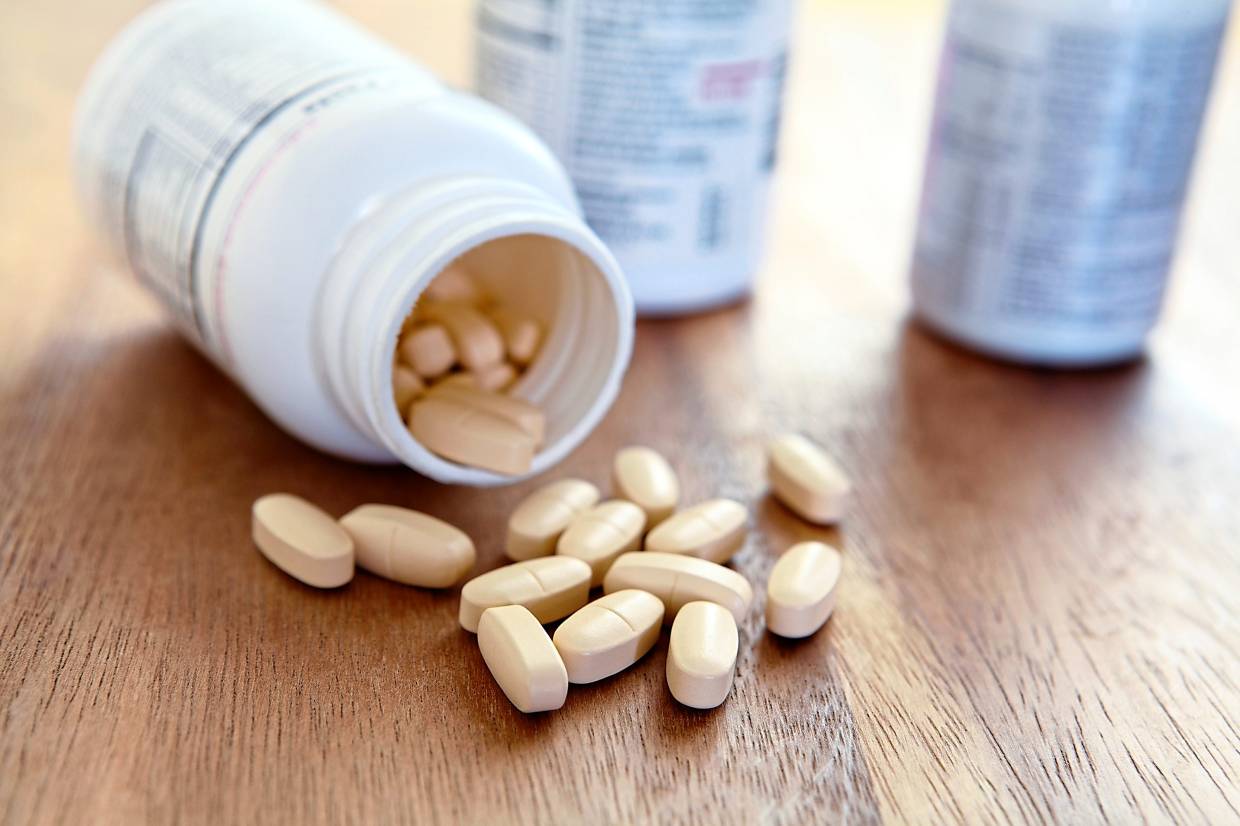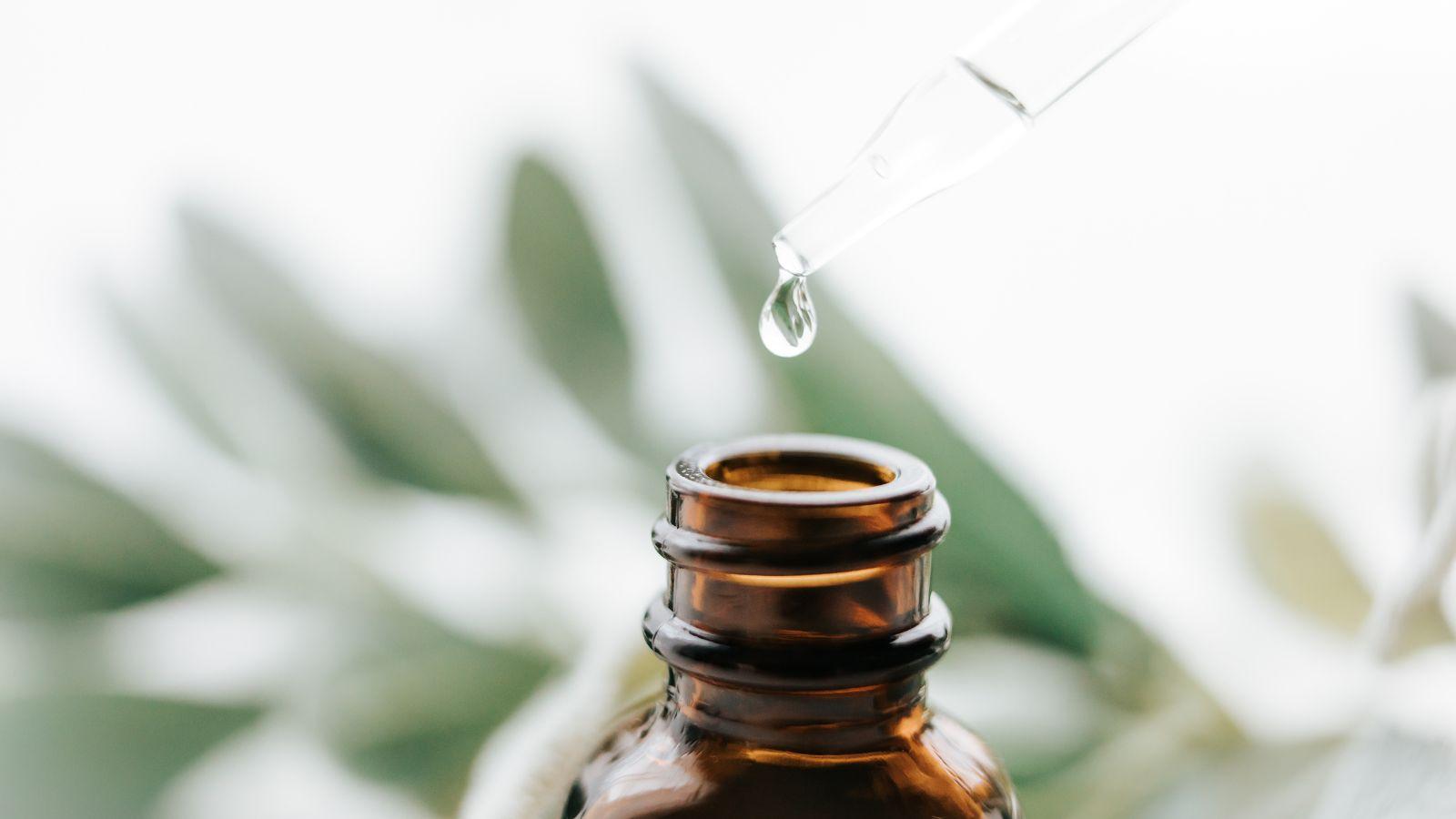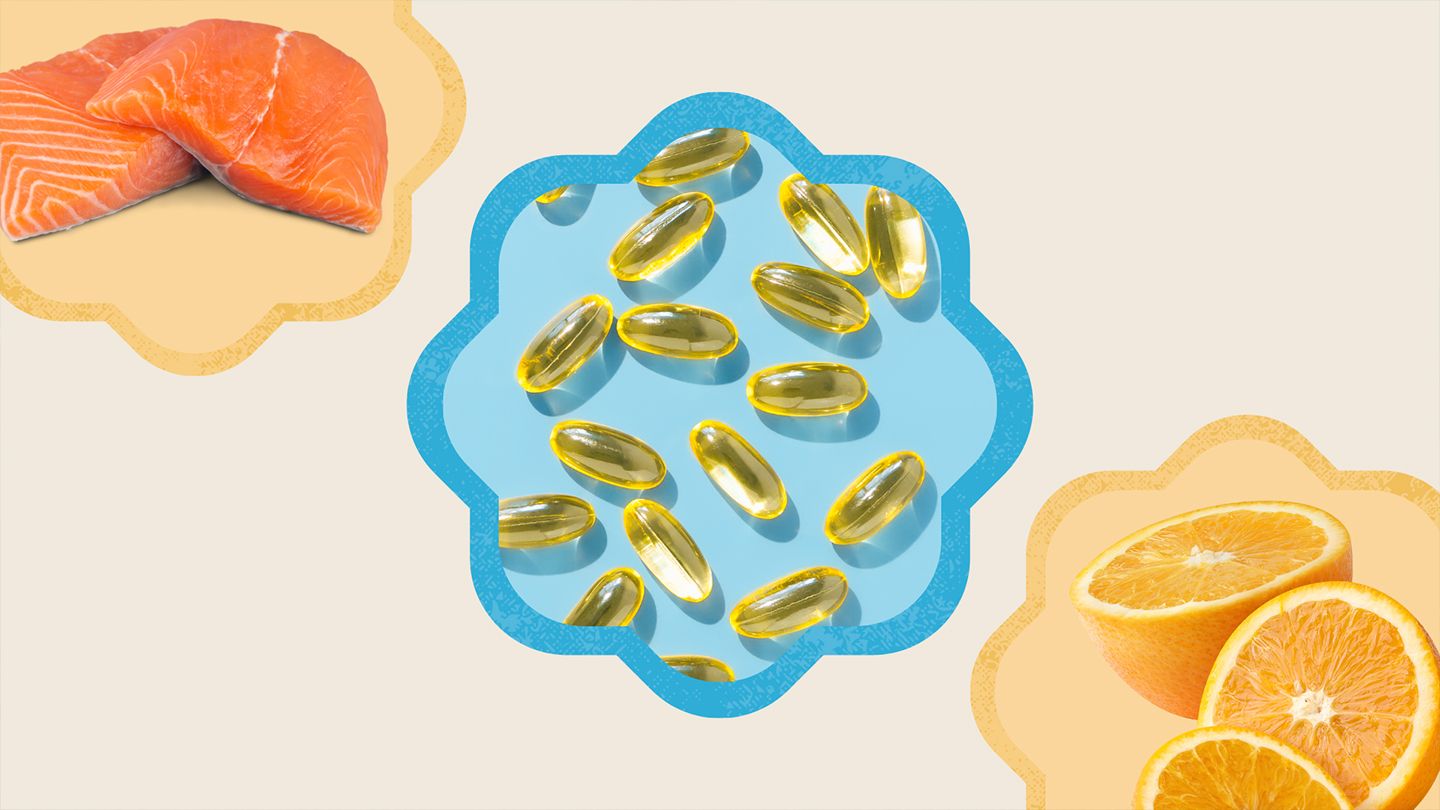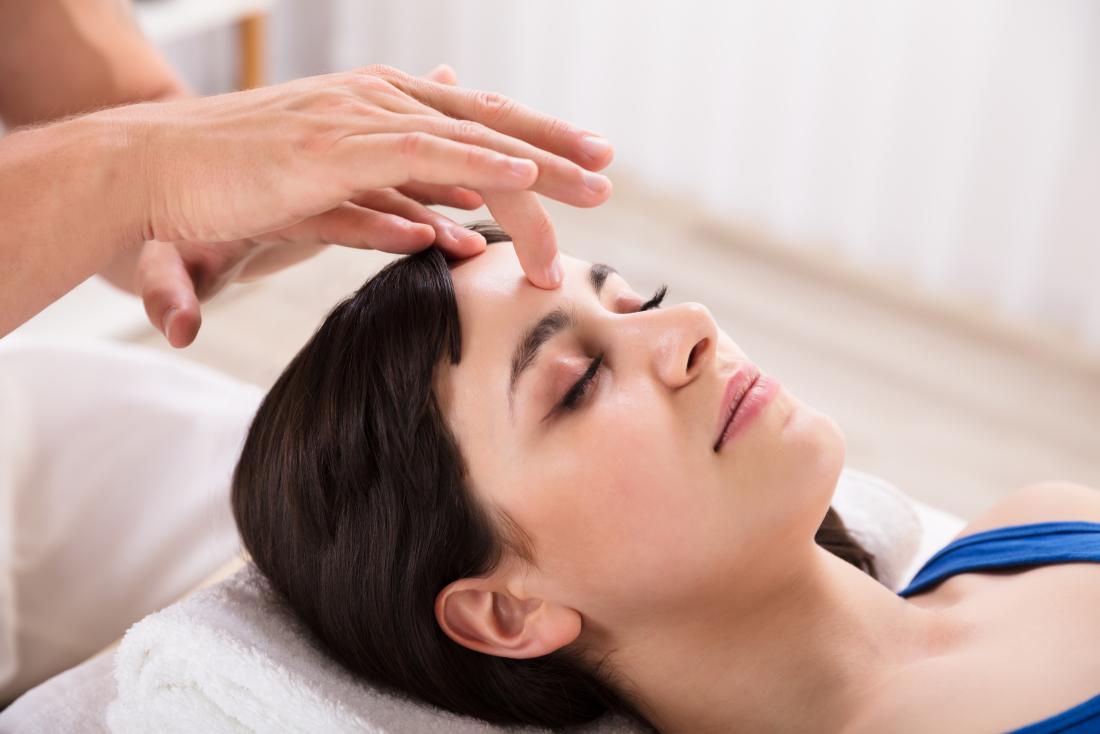Remedies for headaches encompass a wide array of options, each with its own approach to alleviating pain and discomfort. From ancient remedies rooted in herbal medicine to modern pharmaceutical solutions, there exists a wealth of choices for those seeking relief from this common ailment. By exploring the efficacy, usage, and scientific support behind the top 10 remedies, we aim to provide a comprehensive guide that addresses the diverse needs and preferences of individuals experiencing headaches.

Top 10 Remedies for Headaches
- Hydration
- Magnesium Supplementation
- Adequate Sleep
- Yoga and Mindfulness Meditation
- Essential Oils
- Limiting Alcohol
- B-Complex Vitamins
- Aerobic Exercise
- Acupuncture
- Massage Therapy
1. Hydration as a Headache Remedy
Often overlooked, hydration plays a critical role in preventing and alleviating headaches. A significant number of headache and migraine episodes are triggered by dehydration. Water is essential for our body’s basic functions, and its lack can lead to dehydration headaches, characterized by a dull, aching sensation accompanied by a tight feeling across the forehead or back of the head and neck.
Why Hydration Matters
Dehydration can cause the brain to temporarily contract or shrink from fluid loss, leading to the brain pulling away from the skull, causing pain and triggering a dehydration headache. Rehydrating provides relief by addressing the root cause of the headache, reexpanding the brain to its normal state, and easing the tension and pain.

How to Implement
- Recognize the signs of dehydration: Besides headaches, signs include dark yellow urine, dry mouth, fatigue, and dizziness.
- Increase water intake: Aim for at least 8-10 glasses of water daily, more if you’re active or in a hot climate.
- Incorporate hydrating foods: Foods like cucumbers, watermelon, and strawberries have high water content. Monitor hydration levels: Keep a water bottle handy and drink regularly, not just when thirsty.
Evidence and Effectiveness
Studies have shown that water deprivation can lead to headaches and migraines in susceptible individuals. A study published in the “Journal of Neurology, Neurosurgery, and Psychiatry” found that increasing water intake by 1.5 litres per day reduced the total number of hours and intensity of headaches in participants.

Hydration is a simple yet effective remedy for headaches. It’s readily accessible and can significantly reduce the frequency and severity of headaches caused by dehydration. Making a conscious effort to stay well-hydrated is a key step in headache prevention and management.
2. Magnesium Supplementation for Headaches
Magnesium, an essential mineral for numerous bodily functions, has been identified as an effective remedy for reducing the frequency of migraine headaches. It plays a role in nerve transmission and the regulation of blood sugar levels, which can affect headache occurrence.
Why Magnesium?
Magnesium deficiency has been linked to an increased incidence of headaches and migraines. The mineral helps by relaxing blood vessels, allowing them to dilate and improve blood flow, potentially reducing the intensity and frequency of headaches.

How to Implement
- Dietary sources: Include magnesium-rich foods in your diet, such as almonds, spinach, avocado, and bananas.
- Supplements: Magnesium supplements are available in various forms, including magnesium oxide, citrate, and glycinate. A common dosage for headache prevention is 400-500 mg daily. Consult with a healthcare provider Before starting any supplement regimen, especially if you have underlying health conditions or are taking other medications.
Evidence and Effectiveness
Clinical trials have demonstrated magnesium’s efficacy in migraine prevention. A systematic review and meta-analysis published in “Headache: The Journal of Head and Face Pain” found that magnesium supplementation could effectively prevent migraines.

Magnesium supplementation offers a promising option for those seeking to reduce the frequency and severity of headaches, particularly migraines. With its low risk of side effects and additional health benefits, it’s a valuable component of a holistic approach to headache management.
3. Adequate Sleep and Headache Management
The relationship between sleep and headaches is intricate and significant. Both insufficient and excessive sleep can trigger headaches, making adequate rest a crucial element of headache prevention and management. This section explores the complex interactions between sleep and headaches and provides strategies for optimizing sleep to reduce headache frequency and severity.
The Importance of Sleep in Headache Management
Sleep is essential for overall health and well-being, impacting physical, mental, and emotional health. For headache sufferers, sleep is particularly important. Disruptions in sleep patterns can trigger tension headaches and migraines by influencing the release of certain neurotransmitters in the brain, including serotonin, which can affect pain pathways.

How to Implement Good Sleep Hygiene
- Maintain a regular sleep schedule: Go to bed and wake up at the same time every day, even on weekends, to regulate your body’s internal clock.
- Create a restful environment: Ensure your bedroom is dark, quiet, and cool. Consider using earplugs, eye shades, or white noise machines if necessary.
- Limit exposure to screens before bedtime: The blue light emitted by phones, tablets, and computers can interfere with your ability to fall asleep.
- Avoid caffeine and heavy meals before bedtime: These can disrupt sleep patterns and exacerbate headaches. Relax before bedtime Develop a pre-sleep routine to relax, such as reading or taking a warm bath.
Evidence and Effectiveness
Research has consistently shown a bidirectional relationship between sleep and headaches. Poor sleep can lead to headaches, and headache disorders can disrupt sleep. A study published in “Headache: The Journal of Head and Face Pain” found that both short and long sleep durations were associated with increased frequency of headaches, highlighting the importance of achieving an optimal amount of sleep.

Adequate sleep is a foundational aspect of managing and preventing headaches. By prioritizing good sleep hygiene and addressing any underlying sleep disorders, individuals can significantly reduce the impact of headaches on their lives. Adopting habits that promote consistent, restful sleep can serve as a powerful tool in the broader strategy of headache management.
4. Yoga and Mindfulness Meditation for Headache Relief
In the search for effective headache remedies, yoga and mindfulness meditation have emerged as valuable tools for managing headache symptoms. These practices offer a holistic approach, addressing not only the physical aspects of headaches but also the emotional and psychological factors. This section delves into how these mind-body practices can be integrated into a headache management plan.
The Role of Yoga and Mindfulness in Managing Headaches
Yoga, with its gentle stretches and focus on breath control, can help reduce muscle tension and stress, two common triggers for headaches. Mindfulness meditation, on the other hand, encourages a state of nonjudgmental awareness of the present moment, which can help reduce the stress and anxiety associated with chronic headaches.

How to Implement
- Begin with gentle yoga: Start with low-impact styles like Hatha or Iyengar yoga, focusing on relaxation and stress relief.
- Incorporate mindfulness meditation: Dedicate time daily to practice mindfulness, starting with just a few minutes and gradually increasing the duration.
- Seek professional guidance: Consider joining a yoga class or using guided meditation apps designed for beginners to ensure proper technique and maximize benefits.
Evidence and Effectiveness - Several studies support the efficacy of yoga and mindfulness meditation in reducing headache frequency and severity. A study published in the “Journal of Pain” found that participants who engaged in a mindfulness-based stress reduction program reported significant reductions in headache frequency and intensity compared to a control group.

Yoga and mindfulness meditation offer a promising complementary approach to traditional headache treatments. By incorporating these practices into a comprehensive headache management plan, individuals can achieve greater control over their symptoms and improve their overall quality of life. The benefits of these practices extend beyond headache relief, contributing to enhanced well-being and stress resilience.
5. Essential Oils for Headache Relief
Essential oils have been used for centuries in traditional medicine to treat various ailments, including headaches. These natural oils, extracted from plants, possess therapeutic properties that can offer relief from headache symptoms. This section will explore the effectiveness of essential oils as a remedy for headaches, highlighting the most beneficial oils and how to use them safely and effectively.
Why Essential Oils Work
Essential oils can have a calming, analgesic, or anti-inflammatory effect, depending on the oil. For headaches, certain oils can help by relaxing muscles, reducing tension, and improving blood flow. Additionally, the aromatic compounds in essential oils can have a positive effect on the limbic system, the part of the brain that governs emotions and behavior, which can help reduce stress-related headaches.

How to Implement
- Lavender oil: Known for its calming and relaxing properties, it can be particularly effective for stress-related headaches and migraines.
- Peppermint oil: Applied topically, peppermint oil can create a cooling sensation that relieves tension headaches.
- Eucalyptus oil: Helps to clear sinuses, relieving headaches caused by sinus congestion.
Application Methods - Topical application: Mix a few drops of essential oil with a carrier oil (like coconut or almond oil) and apply to the temples, forehead, or neck. Always perform a patch test to check for skin sensitivity.
- Inhalation: Use an essential oil diffuser or add a few drops to a bowl of hot water and inhale the steam. Bath: Add a few drops of essential oil to a warm bath for a relaxing experience that can also help alleviate headache symptoms.
Evidence and Effectiveness
Research supports the use of essential oils for headache relief. A study published in the “European Journal of Neurology” found that inhaling lavender essential oil could significantly reduce the severity of migraine headaches in a majority of the study participants.

Essential oils offer a natural, complementary treatment option for headache sufferers. With their diverse therapeutic properties, they can target various types of headaches, providing relief through multiple application methods. However, it’s important to use them responsibly, considering potential skin sensitivities and the quality of the oils used.
6. Limiting Alcohol to Reduce Headaches
Alcohol consumption can be a trigger for headaches in many individuals, including those prone to migraines. The reasons behind this include dehydration, the presence of certain compounds in alcoholic beverages, and alcohol’s impact on blood vessels. This section will explore how reducing alcohol intake can benefit those suffering from frequent headaches and offer strategies for minimizing alcohol-triggered headaches.
Alcohol can cause headaches in several ways:
Dehydration: Alcohol is a diuretic, leading to increased urine production and the potential for dehydration, a common headache trigger.
Histamine and Tyramine: Some alcoholic beverages, especially red wine, are high in histamine and tyramine, which can trigger headaches in sensitive individuals.
Vasodilation: Alcohol can cause blood vessels to expand, leading to headaches.

How to Implement
Monitor your intake: Be mindful of how much and what type of alcohol you consume.
- Consider keeping a diary to identify patterns and triggers.
- Stay hydrated: Drink a glass of water between alcoholic beverages to help mitigate the dehydrating effects of alcohol.
- Choose wisely: Opt for alcoholic beverages that are lower in histamines and tyramines, such as vodka or gin, and avoid known triggers like red wine.
Evidence and Effectiveness
Research has shown a clear link between alcohol consumption and headaches. A study published in “Headache: The Journal of Head and Face Pain” found that alcohol was reported as a headache trigger in about one-third of migraine patients, highlighting the importance of monitoring alcohol intake for individuals prone to headaches.

Limiting alcohol consumption can be a key strategy in managing and reducing the frequency of headaches. By understanding the effects of alcohol on the body and making informed choices about consumption, individuals can minimize the risk of alcohol-triggered headaches and improve their overall quality of life.
7. B-Complex Vitamins and Headache Prevention
B-complex vitamins play a vital role in maintaining overall health, including the nervous system and brain health, which directly impacts headache prevalence. Comprising eight B vitamins, this complex supports various bodily functions, including energy production, DNA repair, and the synthesis of neurotransmitters. This section explores how B-complex vitamins can be utilized in the prevention and management of headaches.
Why B-Complex Vitamins Matter
B vitamins are crucial for the optimal functioning of our brain and nervous system. Deficiencies in certain B vitamins, particularly B2 (riboflavin), B6 (pyridoxine), B9 (folate), and B12 (cobalamin), have been linked to increased headache frequency and intensity. Supplementing with B-complex vitamins can help fill nutritional gaps and may reduce the occurrence of headaches by improving mitochondrial efficiency, reducing homocysteine levels, and aiding in the management of stress and depression.

How to Implement
Dietary sources: Incorporating foods rich in B vitamins, such as whole grains, eggs, dairy products, meat, fish, legumes, seeds, and dark, leafy greens, into your diet.
Supplementation: Consider a B-complex vitamin supplement, especially if dietary intake might be insufficient. Consultation with a healthcare provider is recommended to determine appropriate dosages.
Lifestyle modifications: Reducing stress through mindfulness practices, regular exercise, and adequate sleep can enhance the effectiveness of B vitamins in headache management.
Evidence and Effectiveness
Research supports the use of certain B vitamins in headache prevention. For instance, a study published in “Neurology” found that riboflavin (B2) significantly reduced migraine frequency and duration. Similar findings have been reported for other B vitamins, suggesting that a combined approach may offer comprehensive benefits.

B-complex vitamins represent a promising avenue for headache prevention and management. Through dietary adjustments and potential supplementation, individuals can harness the neurological benefits of B vitamins to mitigate headache symptoms. It is essential, however, to approach supplementation under medical guidance to ensure optimal dosages and avoid potential interactions with other medications.
8. Aerobic Exercise as a Remedy for Headaches
Regular aerobic exercise is beneficial for overall health and has been specifically shown to help reduce the frequency and severity of headaches. Exercise triggers the release of endorphins, the body’s natural painkillers, and helps reduce stress, a common headache trigger. This section delves into the benefits of aerobic exercise for headache sufferers and outlines how to incorporate it into a headache management strategy.
The Role of Exercise in Headache Management
Aerobic exercise can improve cardiovascular health, reduce blood pressure, and promote relaxation, all of which can contribute to fewer headaches. For those with tension-type headaches or migraines, regular exercise can also help by improving sleep quality and reducing inflammation.

How to Implement
- Start slow: If you’re new to exercise, start with low-impact activities like walking, cycling, or swimming, and gradually increase intensity.
- Consistency is key: Aim for at least 150 minutes of moderate aerobic exercise per week, as recommended by health guidelines.
- Listen to your body: Avoid high-intensity workouts during a headache or migraine episode. Opt for gentle stretching or relaxation exercises instead.
- Combine exercise with hydration: Ensure you’re well-hydrated before, during, and after exercise to prevent dehydration-related headaches.
Evidence and Effectiveness
Studies have shown that regular aerobic exercise can reduce the frequency, duration, and severity of headaches. A systematic review published in “The Journal of Headache and Pain” found that both aerobic exercise and strength training could be effective in reducing the symptoms of migraines.

Incorporating regular aerobic exercise into your lifestyle can be a powerful tool in the management and prevention of headaches. By promoting overall health, reducing stress, and triggering the release of natural painkillers, exercise offers a holistic approach to reducing headache frequency and severity. As always, it’s important to tailor your exercise regimen to your personal health status and headache triggers, possibly consulting with a healthcare provider for personalized advice.
9. Acupuncture for Headache Relief
Acupuncture, a key component of traditional Chinese medicine, involves the insertion of fine needles into specific points on the body to balance energy flow. It’s increasingly recognized in Western medicine for its potential to treat various conditions, including headaches. This section examines the effectiveness of acupuncture in alleviating headache symptoms, backed by scientific research and clinical practices.
Understanding Acupuncture’s Role in Headache Management
Acupuncture is believed to stimulate the nervous system, releasing chemicals into the muscles, spinal cord, and brain. These biochemical changes may stimulate the body’s natural healing abilities and promote physical and emotional well-being. For headaches, acupuncture is thought to reduce pain by altering the release of neurotransmitters that influence the perception of pain and by improving blood flow, which can alleviate tension and migraine headaches.

How to Implement
Seek a qualified practitioner: Ensure you choose a licensed acupuncturist with experience in headache treatment.
Be consistent: Acupuncture often requires multiple sessions to achieve significant results, so patience and consistency are crucial.
Integrate with other treatments: Acupuncture can be part of a multi-faceted approach to headache management, complementing medical treatments and lifestyle changes.
Evidence and Effectiveness
Numerous studies have supported acupuncture’s efficacy for headache relief. A systematic review published in the “Cochrane Database of Systematic Reviews” found that acupuncture could reduce the frequency of episodic migraines and was at least as effective as, or possibly more effective than, prophylactic drug treatment, with fewer adverse effects.

Acupuncture offers a promising alternative or complementary treatment for individuals suffering from chronic headaches and migraines. Addressing pain through natural, body-driven processes provides a viable option for those seeking to manage headaches without relying solely on medication. However, its success may vary among individuals, emphasizing the importance of personalized treatment plans.
10. Massage Therapy for Headache Alleviation
Massage therapy encompasses a range of techniques involving the manipulation of muscles and soft tissues to promote relaxation and healing. It can be particularly beneficial for tension headaches and migraines by relieving muscle tension, improving circulation, and reducing stress levels. This section explores how massage therapy can be utilized to provide relief from headaches, highlighting its mechanisms and benefits.
Why Massage Therapy Helps with Headaches
Massage therapy can target the physical triggers of headaches, such as muscle tension and trigger points, particularly in the neck, shoulders, and head. It can also have a calming effect on the nervous system, reducing the stress and anxiety that often accompany or precipitate headache episodes.

How to Implement
- Professional massage therapy: Seeking treatment from a licensed massage therapist with experience in headache management can yield the best results.
- Self-massage techniques: For immediate relief, self-massage techniques focusing on the temples, neck, and shoulders can be effective.
- Regular sessions: Incorporating massage therapy into your regular healthcare routine can help prevent the onset of headaches.
Evidence and Effectiveness
Research supports the efficacy of massage therapy in reducing the frequency, duration, and intensity of headaches. A study published in “The American Journal of Public Health” found significant improvements in the frequency and severity of headaches among participants who received regular massage therapy sessions.
Massage therapy offers a non-invasive, therapeutic approach to managing headaches. By addressing both the physical and psychological factors contributing to headaches, it provides a holistic solution that can significantly enhance the quality of life for individuals suffering from chronic headaches and migraines.
As with any complementary therapy, it’s most effective when integrated into a comprehensive treatment plan tailored to the individual’s specific needs and health conditions.

Having explored the top 10 remedies for headaches, from hydration and nutritional adjustments to physical and complementary therapies, it’s clear that effective headache management often requires a multi-faceted approach. Tailoring these strategies to fit individual needs and preferences while consulting healthcare professionals can lead to significant improvements in headache frequency, duration, and severity.
In conclusion
Managing headaches effectively calls for a comprehensive approach that addresses both the physiological and psychological factors contributing to this condition. The top 10 remedies for headaches explored in this article—hydration, magnesium supplementation, adequate sleep, yoga and mindfulness meditation, essential oils, limiting alcohol, B-complex vitamins, aerobic exercise, acupuncture, and massage therapy—each offer unique benefits and mechanisms of action. By understanding and implementing these remedies, individuals suffering from headaches can develop a personalized management plan that not only alleviates their symptoms but also enhances their overall well-being.
Headaches, whether occasional or chronic, significantly impact the quality of life. However, the diversity of available remedies means that there is no one-size-fits-all solution. What works for one person may not work for another, highlighting the importance of patience, experimentation, and professional guidance in the journey toward effective headache management.
Further Resources and Considerations
Consult healthcare professionals: Before adopting any new treatment regimen, especially involving supplements or exercise, consulting with a healthcare provider is crucial to ensure its safety and appropriateness for your specific health conditions.
Support and community: Engaging with support groups or forums can provide additional insights and encouragement from others experiencing similar challenges with headaches.
The journey to managing headaches effectively is a personal and often challenging one, but with the right combination of treatments, lifestyle adjustments, and support, it is possible to reduce the frequency and severity of headaches and improve quality of life. By taking a holistic view and addressing the underlying causes as well as the symptoms, individuals can find the most effective combination of strategies for their unique situation.
This comprehensive exploration of headache remedies underscores the importance of an integrated approach to health care, where traditional and complementary therapies come together to offer relief and improve patient outcomes. As research continues to evolve, our understanding of headache management will likely deepen, offering new and improved strategies for those affected by this common yet complex condition.









